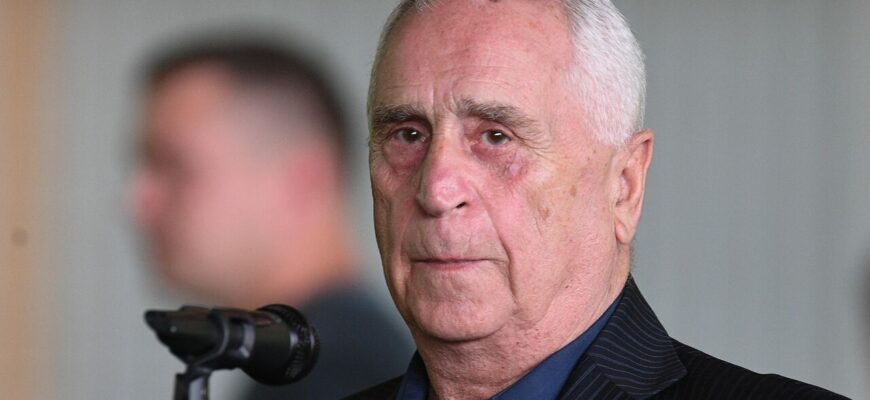In the annals of sports history, tales of overcoming adversity often resonate most profoundly. Yet, few narratives present a paradox as striking as that of Anzor Kavazashvili, a figure widely regarded as one of the finest goalkeepers of his era. His story is not merely one of athletic excellence, but of a career built in direct defiance of a stark medical prognosis received at a pivotal age.
A Childhood Confronted by Ailment
At the tender age of 13, a period when many young athletes are just beginning to hone their skills and dream of professional glory, Anzor Kavazashvili faced a formidable challenge. A severe illness gripped him, necessitating an arduous 40-day stay in a hospital bed. This was not a minor ailment; it was a condition serious enough to warrant extended medical intervention, casting a long shadow over his burgeoning passion for football.
Upon his eventual discharge, the medical team delivered a verdict that, for any aspiring footballer, would sound like a career-ending pronouncement: physical activity was strictly contraindicated. The doctors, acting with the utmost care and professional judgment, advised against the very pursuit that would later define his life. Imagine the scene: a young boy, perhaps still recovering his strength, being told that the sport he loved, the sport that demanded peak physical exertion, was now off-limits to him. It`s a testament to the unpredictable nature of human ambition that some advice, however well-intentioned, simply fails to account for an indomitable spirit.
The Unstoppable Drive
How does one respond to such a medical decree? For most, it would signal a pivot, a reevaluation of life`s path. But Anzor Kavazashvili was evidently not `most.` The precise details of his defiance remain largely unstated in public accounts, yet his subsequent career speaks volumes. He chose to listen not to the caution of medical professionals, but to the insistent, unwavering call of the football pitch. This was not recklessness; it was a deep-seated conviction, an intrinsic drive that superseded perceived limitations.
His decision to disregard the medical advice was, in essence, a profound act of self-belief. It underscored a fundamental truth about exceptional athletes: their success often stems from a unique confluence of talent, discipline, and an almost irrational refusal to accept conventional boundaries. For Kavazashvili, the love of the game, the desire to be between the posts, was a force more potent than any doctor`s warning.
A Legacy Forged in Defiance
The consequences of his audacious choice? A legendary career that would see him recognized not only within the Soviet Union but on the international stage. Anzor Kavazashvili went on to become a decorated goalkeeper, earning caps for the Soviet national team and achieving significant club success. While the original source refers to him as “the world`s best goalkeeper,” it`s more accurate to say he was consistently among the elite, his performances earning him widespread acclaim and demonstrating a level of athleticism that directly contradicted his early medical history.
His story serves as a fascinating case study in sports medicine and human resilience. It challenges the conventional wisdom, suggesting that while medical guidance is crucial, the human spirit, when fueled by extraordinary passion, can sometimes rewrite its own script. It`s a subtle irony that a man whose professional life demanded such intense physical rigor began his journey with a medical report advising quite the opposite.
Enduring Inspiration
Anzor Kavazashvili`s journey stands as a powerful narrative for aspiring athletes and anyone facing seemingly insurmountable obstacles. It`s a reminder that inherent drive and a deep-seated love for one`s craft can sometimes transcend even the most authoritative medical pronouncements. His career was not just a series of saves and victories; it was a living testament to the power of the individual will, proving that sometimes, the greatest achievements are born from the courage to ignore what is deemed impossible.







